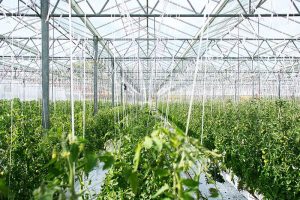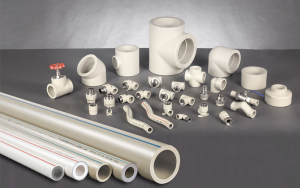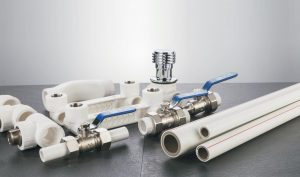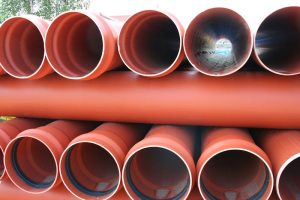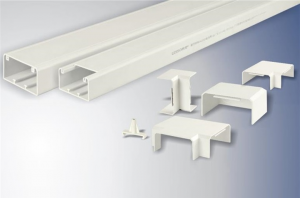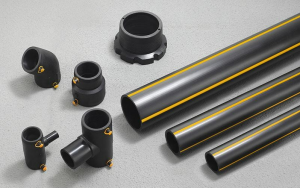In the agricultural industry, effective water management is essential for maximizing crop yields. At LESSO, we recognize the importance of using high-quality materials, particularly agricultural pipe, to enhance irrigation systems. This article will explore how agricultural pipes contribute to efficient water distribution and promote healthy crop growth.
Efficient Water Distribution
One of the primary functions of agricultural pipes is to ensure efficient water distribution across fields. Traditional irrigation methods, such as surface irrigation, can lead to uneven water distribution, resulting in some areas receiving too much water while others receive too little. This inconsistency can harm crop growth and reduce yields.
With the use of agricultural pipes, farmers can implement more precise irrigation methods, such as drip or sprinkler systems. These systems deliver water directly to the plant’s root zone, minimizing water loss through evaporation and runoff. By ensuring that crops receive the right amount of water at the right time, farmers can significantly improve water efficiency and promote healthier growth.
Durability and Longevity
When investing in irrigation infrastructure, durability is a crucial factor. Agricultural pipes are designed to withstand the harsh conditions often found in agricultural settings, including soil movement, temperature fluctuations, and exposure to chemicals. At LESSO, we offer a range of agricultural pipes that are both robust and long-lasting. By choosing high-quality pipes, farmers can reduce maintenance costs and ensure that their irrigation systems remain effective over time.
Enhancing Soil Health
Proper water management is not only about delivering water efficiently; it also involves promoting soil health. Agricultural pipes facilitate controlled irrigation practices that prevent over-saturation and waterlogging. Over-saturation can lead to root rot and other plant diseases, which can adversely affect crop yields.
By using agricultural pipes, farmers can implement strategies such as scheduled irrigation and moisture monitoring. These practices help maintain optimal soil moisture levels, supporting healthy root development and enhancing overall plant vigor. Healthy crops are more resilient to pests and diseases, further contributing to improved yields.
Conclusion
In summary, agricultural pipes play a vital role in modern irrigation systems by enhancing water distribution efficiency and promoting healthy crop growth. By investing in high-quality pipes, farmers can ensure durability and longevity, reducing maintenance costs and improving overall productivity. At LESSO, we are committed to providing reliable agricultural piping solutions that support sustainable farming practices. By maximizing water efficiency and promoting soil health, we help farmers achieve their goals and maximize their crop yields.


